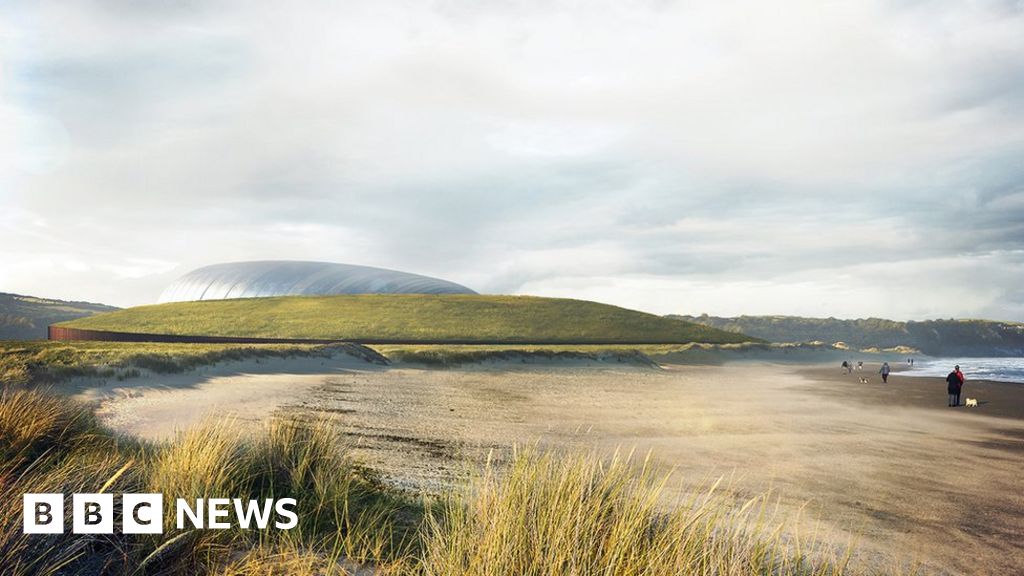cupoftea
Advanced Member level 6

Do you think the increasing reliance on renewables (solar and wind) for the power grid will mean more mains outages?...even if only for a matter of seconds each time.
Follow along with the video below to see how to install our site as a web app on your home screen.
Note: This feature may not be available in some browsers.









...Thanks, though i would believe it that you have spec'd up a very good surge generator for your property. Whereas many cheap offline PSUs wont have that kind of thing.If you think surge limiters are vulnerable you should move to my location. I haven't had one fail in 20+ years and power reaches me along 40 miles of overheads from the nearest power station.

Is it really true?Bolded is "clean" contrary to coal/oil/gas



India had the first power plant (nuclear) in 1969; it produced 160MW of power but was often shut down (I do not know the reasons then). Perhaps this will come under a mini class. This is still running, it was down for several years due to sanctions but take a look at the column "energy availability factor" (whatever that may mean) in the official reference: https://pris.iaea.org/PRIS/CountryStatistics/ReactorDetails.aspx?current=285.The 'clean' aspect of micro nuclear comes from the longevity of the construction. It is true that vast amounts of CO2 are produced in the building of major power production but spread over say 40 years of operational life the amount per year is relatively low and much less than burning fossil fuel would produce.

Rolls-Royce plans 16 mini-nuclear plants for UK
The firm says the project will create 6,000 new jobs in the Midlands and the North of Englandwww.bbc.co.uk
Nevertheless, the risk of power loss because:
1. it hasn't rained in months so hydro schemes can't operate,
2. there is no wind over the country,
3. the sea tides have ceased (moon gone out of orbit!),
4. it's night time.
all coinciding, is pretty slim.
Brian.

Thanks, but Hydro and tidal energy isnt available away from mountains and most coastlines.Nevertheless, the risk of power loss because:
1. it hasn't rained in months so hydro schemes can't operate,
2. there is no wind over the country,
3. the sea tides have ceased (moon gone out of orbit!),
4. it's night time.




I agree and we know that we cannot have solar supply at night and we need to make contingency plan for that. Perhaps we need to run big industries during daytime only and let nights be passed in silence.Knowing the enemy is the best way to handle it.


It is not, at least in places with sensible policy. France is the model for managing the nuclear fuel cycle. They recycle the majority of their "spent" fuel. The small remainder that can't be recycled is stored on the surface or deep underground. Incredibly, in the US, recycling fuel is outright banned for commercial reactors. Many states have passed laws banning storage of nuclear waste purely due to NIMBYism. Waste has become a "problem" in some places because sensible fuel cycle practices have literally been banned.Thanks, interesting, but i hear that the waste from nuclear is a problem.
Yeah, if you suddenly switched off all non-renewable sources, you'd have a lot of problems. Nobody is actually suggesting we do that, though. So I'm not sure what point you're trying to make.But anyway....i agree with you that as long as the main brunt is taken by oil/coal/nuke etc, then we wont get blackouts...but in future...that will all be gone, and we will just be provided for by wind and solar....and you seem to agree that that can mean more outages.
Yes, it's important to consider energy imports, not just production.Germany has not yet shut down all nuclear plants, but they plan this for the next few years. Let´s see how it works.
This should pretend that Germany does not use electrical energy from nuclear plants. But there is a huge European grid. And we sell and buy ;-) electrical energy from other countries.
We definitely buy from countries with a lot of nuclear power plants.

